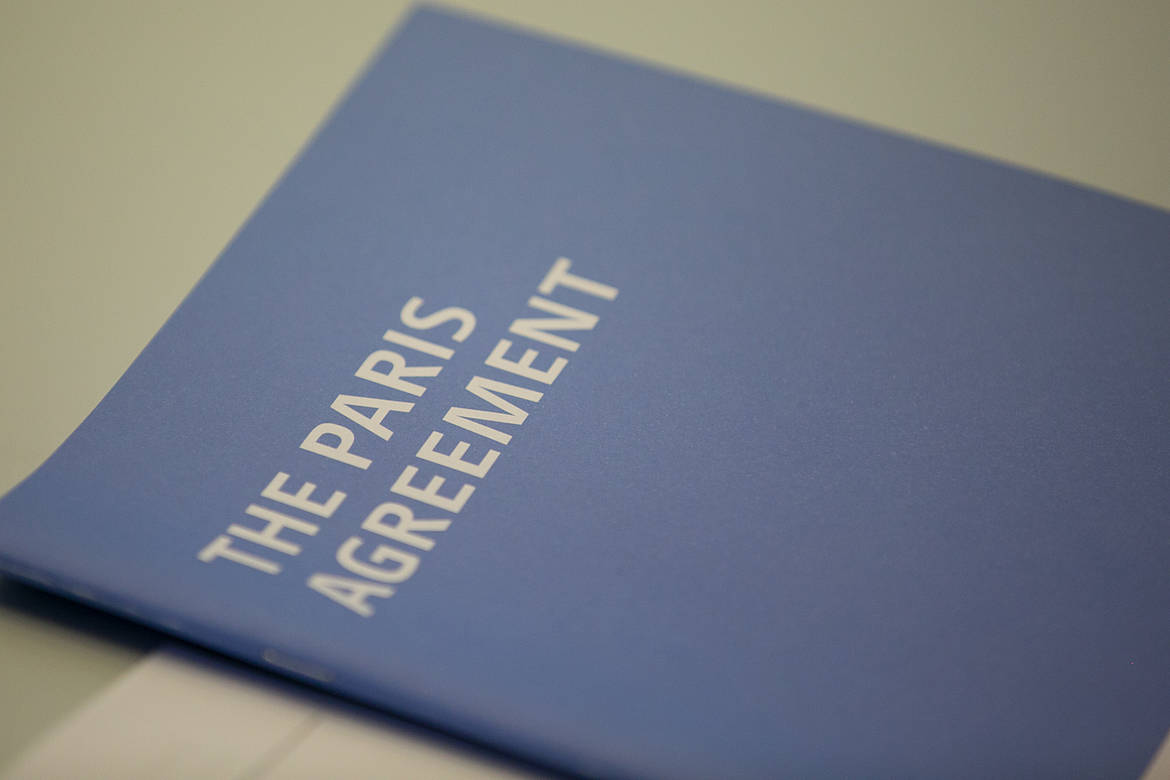For the first time since 2020, emissions from the global buildings sector did not rise in 2023. But let’s be clear: a plateau is not a turning point. According to the 2024/25 Global Status Report for Buildings and Construction, greenhouse gas emissions are still 44% above where they should be to align with the Paris Agreement. Despite more buildings being built (a 3% increase in floor area), the policies, finance, and performance metrics needed to decarbonise the sector are falling dangerously short.
The Global Alliance for Buildings and Construction (GlobalABC) launched this flagship report last week at the Berlin Energy Week during the Energy Efficiency Day. To learn more about the EE Day, read our summary here.
Why Buildings and its Decarbonisation Matter
The buildings and construction sector accounts for:
- 34% of global energy and process-related CO₂ emissions
- 32% of final energy demand
Yet the global pathway toward net-zero emissions by 2050 remains out of reach.

The Global Buildings Climate Tracker (BCT) shows a decarbonisation gap of over 42 points. From codes to finance to renewables, we are lagging across the board:
- Energy intensity is 11% higher than needed.
- Renewable energy use in buildings is 13 percentage points below target.
- Cumulative energy efficiency investments are 37% behind the required level.

Narratives Build Action
Part of the challenge is how we talk about buildings. They’re often seen as slow, hard-to-change, and technical. But this story misses the point.
Buildings are:
- People’s lives and livelihoods
- Public health and urban equity
- Economic engines and job creators
- Resilience infrastructure in a warming world
We need a narrative reset—from “buildings as barriers” to “buildings as bridges” toward a regenerative, resilient future.
What Needs to Change to achieve Decarbonisation of the Construction Sector
According to the report, to get on track we must:
- Make zero-emission building codes mandatory worldwide by 2030.
- Ensure all new buildings are zero-emission by 2030 and all buildings by 2050.
- Integrate buildings deeply into national climate plans and NDC 3.0 updates.
- Close the implementation gap with finance, capacity, and workforce strategies.
Crucially, while 83 countries have mandatory building energy codes, only three (France, USA, Canada) have any alignment with zero-emission building standards—and even those are mostly voluntary.
Where is the Money?
The report highlights a sharp decline in energy efficiency investment in the buildings sector, which is one of the most alarming findings.
Here are the key points:
- In 2023, global investment in building energy efficiency dropped by 7% compared to 2022, falling to around USD 280 billion.
- This trend is expected to continue downward, with 2024 estimates predicting a further drop to USD 260 billion.
- Cumulatively, energy efficiency investments in buildings from 2015 to 2023 are now 37% below the required target to stay on track for net-zero by 2050.
- Since 2016, the gap between actual and needed investment has grown by 32% annually.
COP30: Advocating for the Built Environment to be Central
As we head toward this November’s UN Climate Change Conference COP30 in Belém, the call is urgent: the built environment must be recognised as a critical climate battleground.
As host of COP30, Brazil has positioned buildings and construction firmly on the climate agenda, recognizing the sector as a vital lever for low-carbon development. In his statement in the report, Ambassador Antonio Da Costa e Silva affirms that “COP30 will highlight how developing countries with renewable energy sources serve as important examples of low-carbon solutions creating opportunities to reduce emissions.”
He emphasizes the role of the Global Status Report (GSR) as a roadmap for turning recommendations into practical steps for a zero-emission and resilient future.
The report stresses that global alignment on definitions and standards, paired with increased investment and capacity, is key to delivering climate-compatible buildings. The challenge now is not in diagnosis, but in mobilising the political will and financial tools to meet these ambitions by COP30.
At the heart of the international push to align buildings with the Paris Agreement is the Intergovernmental Council for Buildings and Climate (ICBC)—a new body created to advance the commitments of the Chaillot Declaration in March 2024.
Co-chaired by Brazil, France, and Kenya, the ICBC brings together national governments to coordinate policy, share solutions, and ensure the building sector’s decarbonisation remains high on the global agenda.
Learn more about our work in support of the building sector decarbonisation and construction sector.




